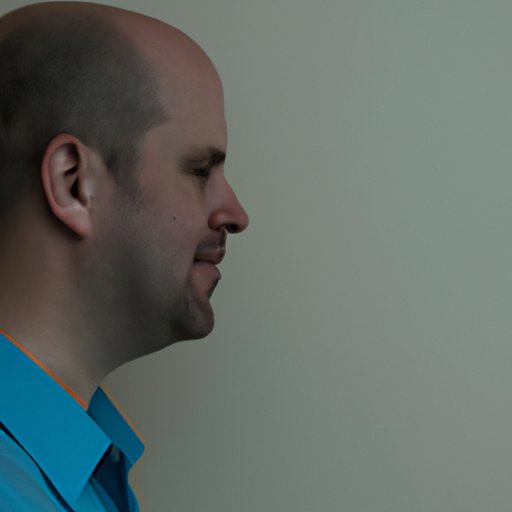Introduction
Mental health professionals are those who specialize in providing care for individuals suffering from mental health issues. They play an important role in helping individuals cope with and manage their mental health problems. It is important to understand the role of a mental health professional so that you can make informed decisions about your own mental health care.

Profile of a Mental Health Professional
A mental health professional is someone who has been trained to assess, diagnose, and treat mental health disorders. These professionals may be psychiatrists, psychologists, social workers, counselors, or other types of therapists. They work with individuals, couples, families, and groups to provide counseling and psychotherapy services.
Mental health professionals must have a certain level of education and certification in order to practice. Depending on the type of professional, they may need to have a medical degree, a master’s degree in psychology, or a master’s degree in social work. In addition, they must have specialized training in the areas of mental health assessment, diagnosis, and treatment.

Exploring the Role of a Mental Health Professional
The primary role of a mental health professional is to assess and diagnose mental health issues. This includes conducting psychological tests, interviewing patients, and observing behaviors. Once a diagnosis has been made, the mental health professional will develop a treatment plan that is tailored to the individual’s needs. This plan may include medication, therapy, lifestyle changes, or other interventions.
Mental health professionals also provide counseling, therapy, and support to help individuals cope with their mental health issues. This may include cognitive-behavioral therapy, psychodynamic therapy, interpersonal therapy, or other types of therapies. Mental health professionals may also provide emotional support and guidance to help individuals better manage their mental health.
A Day in the Life of a Mental Health Professional
A typical day for a mental health professional involves assessing, diagnosing, and treating patients. This may include conducting assessments, interviewing patients, and observing behaviors. The mental health professional may also provide counseling and therapy sessions, either individually or in groups. They may also consult with other professionals, such as psychiatrists or primary care physicians, to coordinate care for their patients.
Mental health professionals interact with their patients in a variety of ways. They may provide support and guidance, listen to the patient’s concerns, answer questions, and provide feedback. They also strive to create a safe and comfortable environment where the patient can feel free to discuss their feelings and experiences.
Career Guide: Becoming a Mental Health Professional
Becoming a mental health professional requires a certain level of education and certification. The specific requirements depend on the type of professional, but generally speaking, they must have a medical degree, a master’s degree in psychology, or a master’s degree in social work. Additionally, they must complete specialized training in mental health assessment, diagnosis, and treatment.
The job outlook for mental health professionals is strong. According to the Bureau of Labor Statistics, the number of mental health professionals is expected to grow by 22 percent between 2018 and 2028. The median annual salary for these professionals is $46,240, with the top earners making upwards of $90,000 per year.

The Benefits of Working with a Mental Health Professional
Working with a mental health professional can have many benefits. It can help improve mental wellbeing, as mental health professionals can provide support and guidance to help individuals manage their mental health issues. Additionally, they can provide access to resources and support networks that can help individuals cope with their mental health.
Mental health professionals can also provide valuable insight into the causes of mental health issues. They can help individuals identify triggers and learn how to avoid them, as well as develop strategies to cope with them. This can be especially helpful for individuals who are struggling with chronic mental health issues.
Understanding the Different Types of Mental Health Professionals
There are several different types of mental health professionals, each with their own unique roles and responsibilities. Psychiatrists are medical doctors who specialize in the diagnosis and treatment of mental illness. Psychologists specialize in the study of behavior and mental processes, and use psychological testing and therapy to help individuals. Social workers offer support, guidance, and resources to individuals and families dealing with mental health issues. Finally, counselors provide therapy and counseling to individuals, couples, and families.
Conclusion
Mental health professionals play an important role in helping individuals manage their mental health issues. They are trained to assess, diagnose, and treat mental health disorders, and provide counseling and therapy services to individuals, couples, and families. Becoming a mental health professional requires a certain level of education and certification, and the job outlook is strong. Working with a mental health professional can have many benefits, including improved mental wellbeing and access to resources and support.
It is important to understand the different types of mental health professionals and their roles in order to make informed decisions about your own mental health care. If you are struggling with mental health issues, it is important to seek help from a qualified mental health professional.
(Note: Is this article not meeting your expectations? Do you have knowledge or insights to share? Unlock new opportunities and expand your reach by joining our authors team. Click Registration to join us and share your expertise with our readers.)
